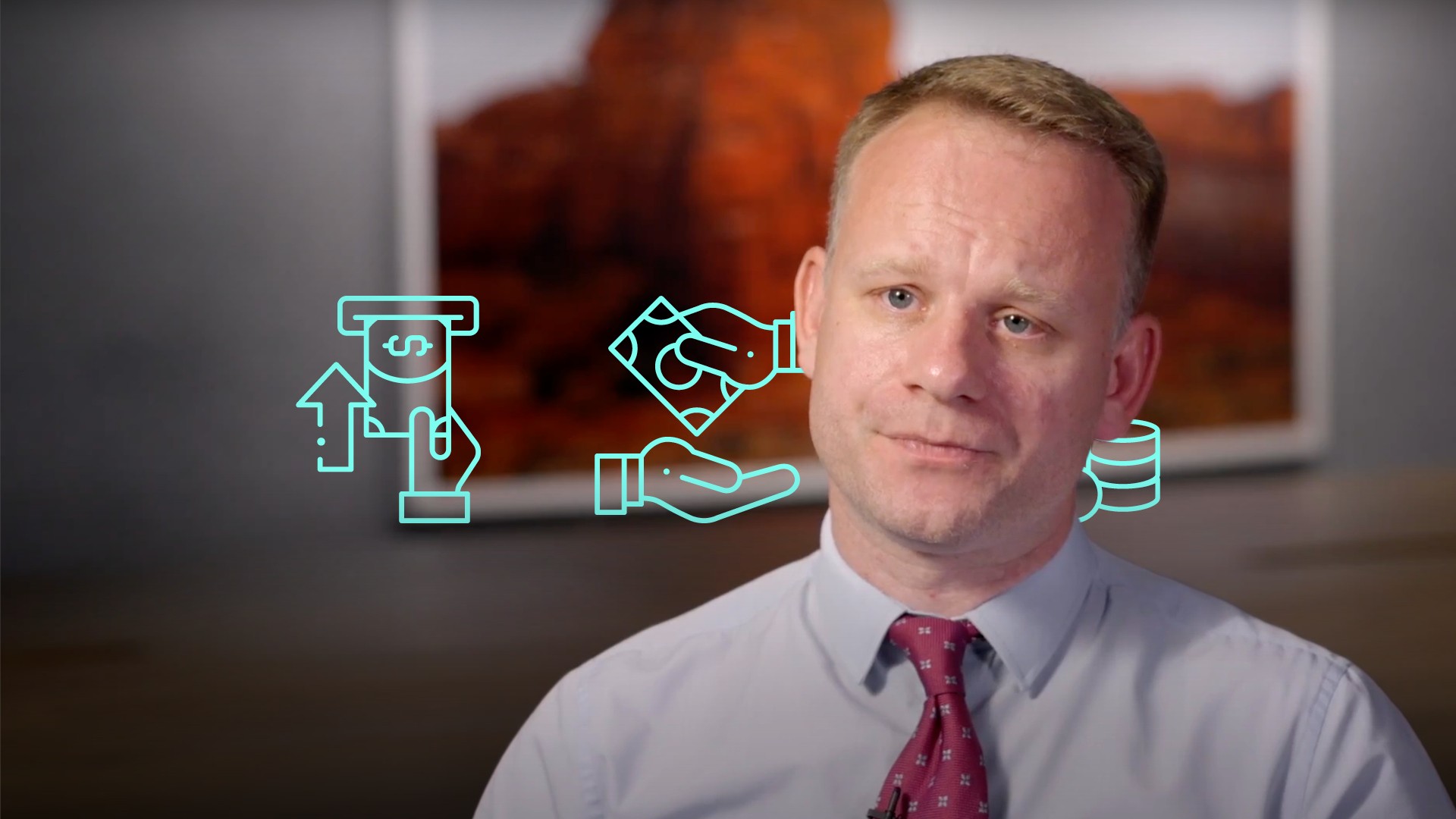
Money Laundering Key Risk Indicators

Iain Hoggarth
15 years: Risk & compliance
Regulated institutions have a broad responsibility to comply with all applicable anti-money laundering (AML) and anti terrorist financing legislation. In this video, Iain discusses the areas AML regulation addresses in order to identify criminal activity.
Regulated institutions have a broad responsibility to comply with all applicable anti-money laundering (AML) and anti terrorist financing legislation. In this video, Iain discusses the areas AML regulation addresses in order to identify criminal activity.

Money Laundering Key Risk Indicators
13 mins 52 secs
Key learning objectives:
Explain why banks are fined
Describe the key identity and qualitative checks
Identify all the risk indicators, and the crucial things regulators look for in each of them
Overview:
In order to accurately evaluate the size of risk a bank faces, or wishes to undertake, they use risk indicators such as: sources of wealth and legal entity type to identify suspicious or illegal activity. From this, regulators can develop a risk-based approach to handling the case.
Why are banks fined?
- Insufficient policy frameworks
- Poor procedural execution
- Inadequate training for colleagues
- Insufficient screening processes
- Poor record keeping
- System inadequacy
- Human error
- Corruption
What key identity and qualitative checks are completed?
Individual identity checks – This includes the following:
- National identity card
- Passport
- Driving license
- Birth certificate
Corporate identity checks – This includes the following:
- Trading licenses
- Articles of association
- Incorporation documentation
- Tax documentation
Qualitative checks:
A business may be viewed as high risk at the very beginning. Hence, banks have a responsibility to regularly update customer records on matters that are considered risky. This ensures compliance matters are up to date to avoid any negative consequences.
What are the risk indicators?
Legal Entity Type - refers to the legal status of the entity being banked. High risk and unusual structures are likely to be analysed. These include:
- Trusts
- Foundations
- Custody entities
- Shell companies
- Captive companies
Industry and Employment – This is an analysis of the nature of the customer, their employment or their industry. Sensitive trades are flagged as the following:
- Precious metals or stones
- Cash or financing operations
- Pawn shops
- Weaponry or dangerous materials
- Charities
- NGOs
- Government agencies
- Businesses receiving money via donations or other unclear means
- Casinos and gambling
High Risk Products – Some banking products are considered higher risk and thus require enhanced checks. These include:
- Cash products
- Foreign exchange
- Tailored telegraphic transfer software
- Encashment facilities
- Trade finance products
Country Risk – This usually includes an initial assessment of:
- Country of origin
- Residence
- Operation
- Incorporation
- Main place of trade economic activity
- Country of sale & purchase
- Country of supply
- Location of major assets
Sources of funds and wealth – Examples of unclear sources of wealth may include:
- Money from overseas investments
- Wealth generation from cash activities
- Wealth from informal arrangements with family or from trust or foundation structures
- Asset values and stable income levels don’t match or make little sense
- Customers unable to provide adequate documentary evidence of source of wealth.

Iain Hoggarth
There are no available Videos from "Iain Hoggarth"

